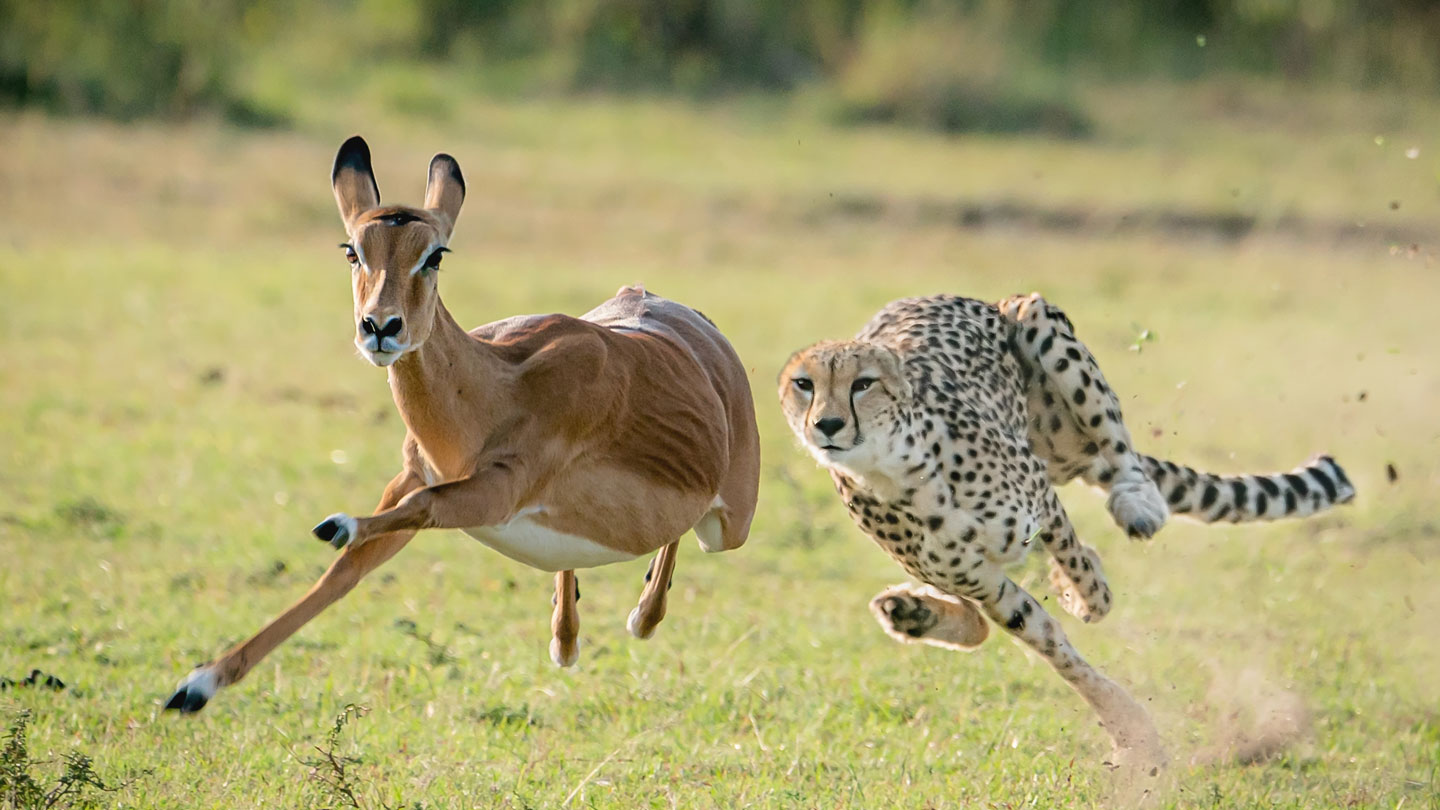You most likely understand that sunlight affects your psychological as well as physical wellness. New research study shows it might also improve your appetite– yet just if you’re male.
That discovering surprised Carmit Levy. She is among the researchers that reported it on July 11 in Nature Metabolic process. Levy is a geneticist at Tel Aviv College in Israel. She generally research studies skin cancer cells. Yet the new result was so unusual that she put her initial plans on hold to check out the sunlight-hunger web link further.
Levy had actually been examining how ultraviolet-B (UV-B) rays influence the skin of mice. The sunlight’s UV-B rays are the major cause of sunburns as well as skin adjustments that can cause cancer. Levy exposed mice to these rays for a few weeks. The dosage was so weak, it did not cause any type of inflammation. Yet Levy saw changes in the pets’ fat cells. A few of the mice likewise put on weight. This sparked her passion.
Levy got brand-new computer mice to look into these unexpected changes. The brand-new team consisted of a mix of men and females. She found that UV-B exposure upped the cravings of male computer mice– however not women. The men additionally functioned tougher to access food that was hard to reach. Something was actually inspiring them to eat much more.

Research detour
Now, Levy connected to some of her colleagues. She asked yourself whether sunshine may be having a comparable effect in people. To figure out, they hired volunteers for two studies. Both suggested that men and women may respond in different ways to UV-B. But the variety of volunteers in these tests was too tiny to make sure.
The good news is, one of Levy’s associates had access to data from nearly 3,000 individuals. They had all participated in Israel’s very first nourishment survey, some 20 years back. These information showed that 1,330 of the surveyed guys taken in much more food in summer months. From March to September, they often tended to down about 2,188 daily calories. They balanced only about 1,875 calories from October to February. The 1,661 women in this research study eaten about 1,500 calories per day all year long.
Encouraged by this, Levy included much more scientists to her team. They currently ran even more mouse experiments to examine what may discuss such searchings for. As well as they showed up links to 3 points.
The initial is a protein known as p53. One of its work is to shield the skin’s DNA from damage. Levels of p53 likewise tend to increase when the body is under stress and anxiety. For animals that are usually most energetic at night, such as computer mice, sunlight can be a source of stress and anxiety.
The second principal in the sunlight-hunger link is a hormonal agent called estrogen. Its degrees are a lot greater in females than male computer mice (and also human beings). Estrogen adds to numerous sex distinctions. These might consist of a better security against UV-B in ladies.
The third principal is ghrelin (GREH-lin), one of the body’s “appetite” hormones.
Explainer: What is a hormonal agent?
Zane Andrews, who works at Monash University in Melbourne, Australia, has examined ghrelin for a long time. This hormone functions a bit like a cravings thermostat, the neuroscientist discusses. When our stomach is vacant, it makes ghrelin. This hormone after that travels to the mind where it signifies a requirement for food. When we consume, our tummy quits making ghrelin. When we’ve eaten enough, one more hormone signals to the brain that we are complete.
Here’s what Levy currently thinks may happen in male mice revealed to UV-B: First, the anxiety of these rays activates p53 in their skin’s fat tissue. This p53 then triggers the skin to make ghrelin. That hormone makes the computer mice wish to consume more food. Yet in female mice, estrogen most likely interferes, so the ghrelin manufacturing never turns on. You might state that estrogen as well as p53 are companions in safeguarding female computer mice. Lacking this collaboration, male computer mice respond to UV-B by consuming even more– and gaining weight.
“The suggestion that the skin might control hunger is appealing,” says Andrews. But banking on the principals as well as precisely just how they connect will require a lot more study, he adds. That’s exactly how science works.
Possible factors
Why might males and ladies react in different ways to sunshine? Estrogen is the key lady hormonal agent, crucial to recreation and parenting. Component of its role, says Levy, may be to shield ladies a little better from different forms of anxiety.
Males of numerous varieties may also benefit from additional calories in the summertime. Longer days give them more time to hunt and also offer their households. Consuming even more food would give them the energy to do just that. In human advancement, UV-B might have encouraged our male forefathers– the key hunters– to forage even more to help their neighborhood make it through.
We can only guess about the transformative factors behind Levy’s findings. Yet researchers like Shelley Gorman discover these sex distinctions interesting. Gorman researches the wellness benefits of sunlight at the Telethon Children Institute in Perth, Australia. “Differences in male as well as female skin might likewise contribute,” she adds.
It’s clear that sunshine impacts our health in several means, both great and also negative. Gorman states, “It will certainly take far more job to identify specifically how much sunlight is best for every of us.”

